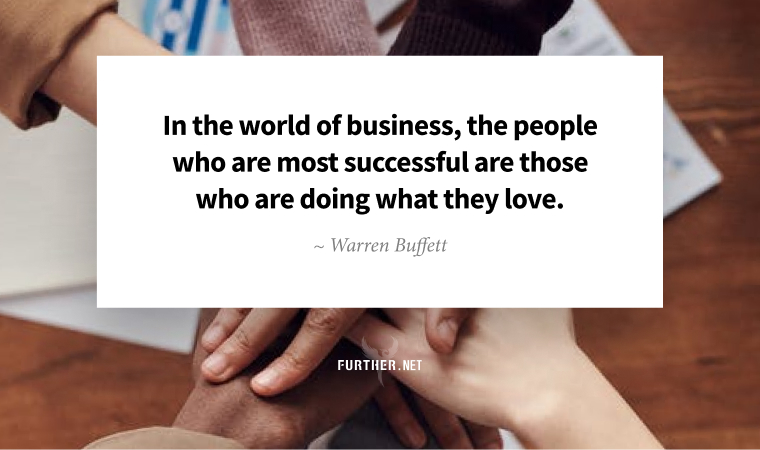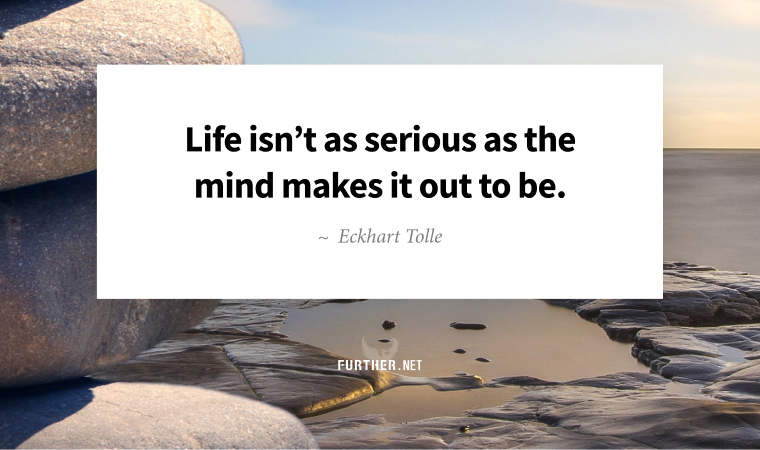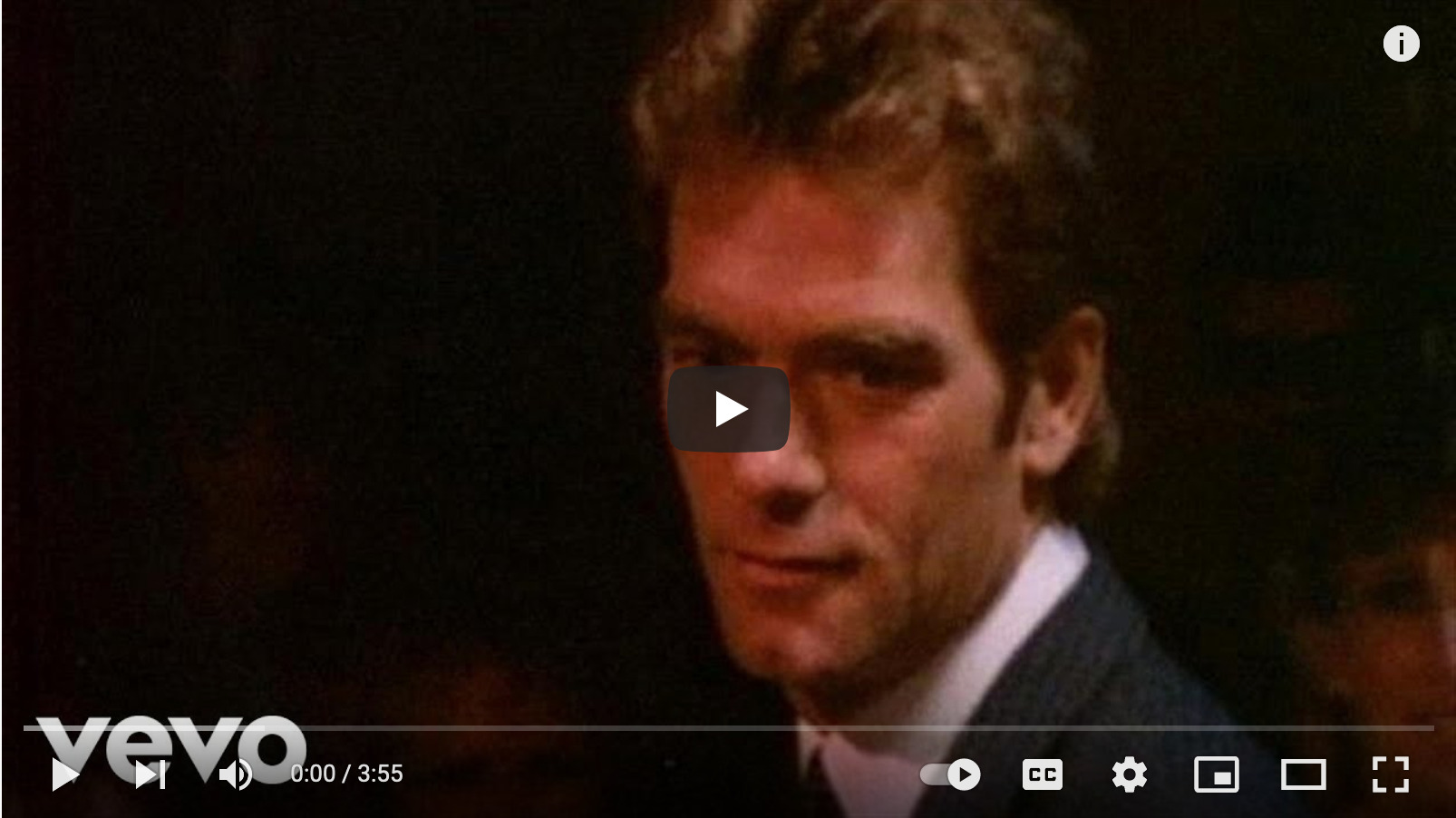
Entrepreneurship is all about 20-something founders in hoodies, right?
If you’re a longtime Further reader, you know that’s not true. The average age of a successful startup founder is 45.
And it doesn’t end there. People over the age of 50 are starting businesses at an accelerated rate:
The swelling ranks of 50-plus entrepreneurs, new small business owners, solopreneurs and self-employed. According to figures compiled by the Kauffman Foundation, about one-quarter of new entrepreneurs were ages 55 to 64 compared to nearly 15% in 1996.
These are mostly self-funded solo or small businesses, not venture-backed unicorns. In other words, these businesses are more about changing the life of the founder than changing the world.
The motivations vary, says author Kerry Hannon:
Some, admittedly, have been elbowed into opening a business after a corporate downsizing or an early retirement package. Others have been drawn into it by burnout, or the desire to pursue a dream or return to a childhood passion.
And frankly, some of these people are simply bored. The unretirement trend kicked off because retired Baby Boomers decided not working wasn’t all it was hyped to be. Now, the trend is trickling down to Generation X in the face of technological threats to traditional employment and an extended lifespan.
The good news is you have a comparative advantage over your younger peers — notably your experience. This allows you to tap into your creativity and wisdom to solve problems for customers and clients.
In fact, the particular type of intelligence we develop as we get older is ideal for certain types of businesses that are gaining in popularity due to the rise of the “creator economy.” We’ll talk more about that next week.
In the meantime, the link below tells the stories of several midlife entrepreneurs who are living the dream. Check them out for inspiration if you’re thinking of heading out on your own.
Further reading:
Career Shift: Midlife Entrepreneurs
Keep going-
P.S. New to Further? Join us here.
The Walk
This headline sounds like one of those weird ads you skip on Facebook, so let me be the spoiler. A wearable activity tracker can inspire you to exercise and lose weight by walking as much as 40 minutes more every day.
This One Easy Trick Helps You Walk 40 More Minutes Each Day, Research Says
Zzzzz Tracker
Speaking of trackers, sleep tracking can help you get more of the precious. And it stands to reason that the best sleep tech for you will heavily depend on what you want to improve.
The Best Sleep Tech You Can Buy Right Now
Early Unretirement
We’re generally too young to be retired yet, but unretirement now means you start doing the type of work you want to do sooner, and then… keep going. Here are some things to consider if you want to get a jump on things.
10 Things to Remember Before Starting an Online Business After Retirement
The Stream of Youth
With Better Call Saul about to conclude, you may need something to watch. How about a gripping fictional story that conveys real possibilities in age reversal science at the same time?
The Most Miraculous Sci-Fi Movie on Netflix Reveals a Scientific Debate Over Aging
A Guilt-Free Guide to Relaxation

By Trudi Roth
Remember the lazy, hazy, crazy days of summer?
Yeah, me neither. Giving ourselves time to do nothing seems like a distant memory, reserved for childhood or some far-off notion of retirement.
Relaxation is good in theory and potentially torturous for many of us in reality. Even when we go on vacation, research shows we settle for jam-packed schedules — even if given a choice to simplify the itinerary.
Meanwhile, there’s abundant evidence that excess work is bad for you, and relaxation supports greater creativity, productivity, and focus. Plus, there are myriad health benefits of taking regular breaks, including less risk of heart attacks and strokes, lower instances of chronic illnesses like diabetes, better sleep, and reduced anxiety, depression, and burnout.
None of this is news, so why do we run ourselves ragged, and how can we get better at recharging?
American Idle
A big part of the chillaxing conundrum is our societal obsession with hyper-productivity. This isn’t just a US thing; thanks to our 24/7 global economy, overwork is increasingly normalized.
Emotion is a primary driver of our relaxation resistance — and the fear of being unable to provide or survive fuels guilt.
Guilt is an emotion that’s socially constructed. Its functioning depends on culture and internalized values. This means that what makes you feel guilty is, in large part, what your social environment tells you should make you feel guilty.
Beyond that, the incessant push of our digital age has turned us into stimulation addicts terrified of being bored. A famous study showed that people would rather give themselves electric shocks than be left alone with nothing to do but think for 15 minutes.
What’s really shocking is that we’ve gotten so far afield from the joy of downtime that we forget how to do it. Relaxation is a skill you can build, so chill: you’ve got this.
Give Yourself a Break
Happiness expert Arthur C. Brooks recommends three steps to take a breather:
- Put relaxation on your daily to-dos: Start by sitting quietly without any tech for five minutes and work up to 20 minutes to train your brain to use its “default mode network” or resting state.
- Take a stress-free vacation: Once you’re good at making space to space out, you’re ready to take your show on the road. Focus your plans on unlimited leisure with minimal commitments so you can experience unbridled idleness.
- Let your mind wander: Daydreaming is restorative anytime, especially when you’re away. Choose “soft fascination” activities — things that encourage drifting like taking an “awe walk” — vs. “hard fascination,” which are attention-requiring activities like playing a word game.
See how simple it is to take it easy? Just give your guilt a rest, and you’re on your way to winding down.
How to Embrace Doing Nothing (The Atlantic)
further: flashback
 Huey Lewis And The News – Heart And Soul
Huey Lewis And The News – Heart And SoulSports, 1983
Heart And Soul was written and originally recorded in 1981 by a band called Exile, but it failed to chart. Huey Lewis and the News did something right with their version, as it kicked off the massive success of their #1 album Sports. (YouTube)
further: sharing

Further subscribers who share Further with friends can gain access to our exclusive membership community Well + Wealthy with only three referrals. Get your own free weekly dose of health, wealth, travel, and happiness advice here, and find out all the details on our referral program.
Thank you for sharing Further!
